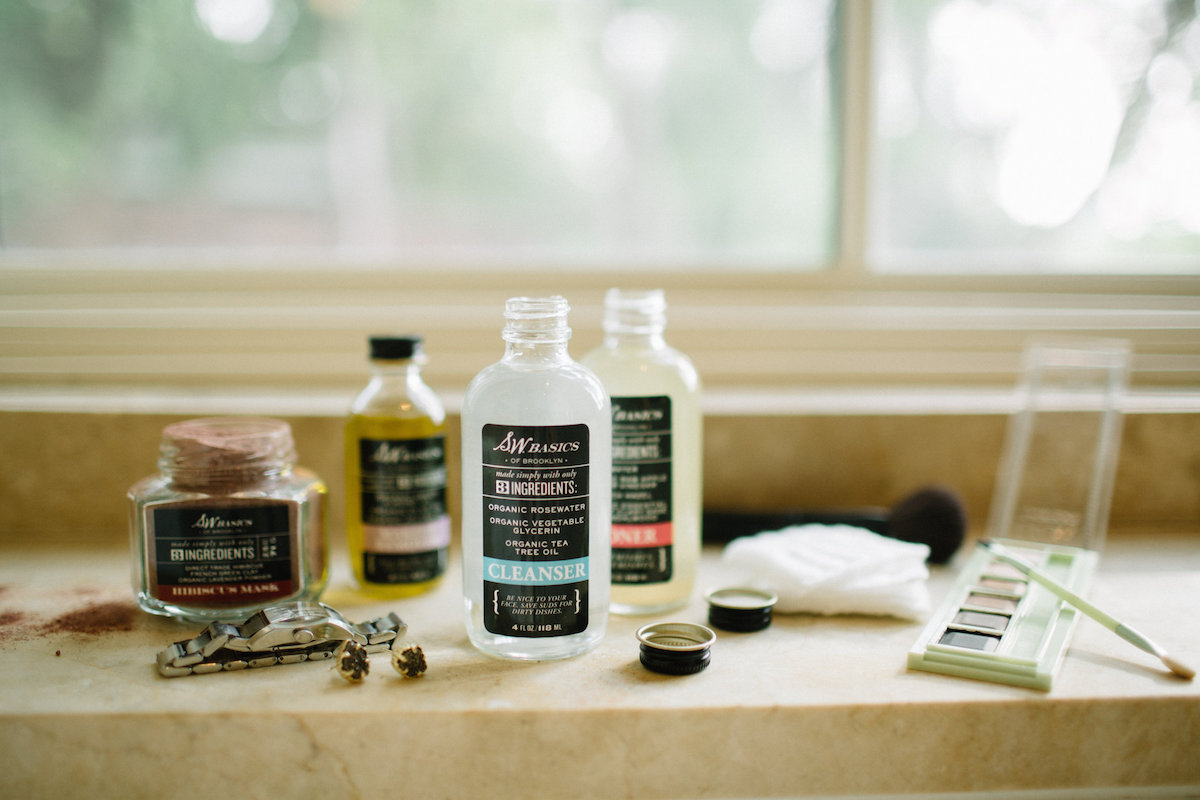Organic is not the same as natural. The Oxford dictionary defines organic as, “produced and involving production without the use of pesticides, artificial fertilizers or synthetic chemicals."
That seems pretty simple right? Yet when it comes to purchasing skin care products yet again there is a manipulation of words that takes organic and natural completely out of context.
For example, let’s look at shampoo. Almost all shampoo has the ingredient Cocamide DEA listed, which is the foaming agent. DEA contains Diethanolamine, which is a known carcinogen. This means the product is no longer natural or safe.
When a label reads organic, you think it has no chemicals and that’s exactly what they want you to think. These companies use the chemistry definition of organic, which reads "a compound that contains a carbon atom." This leads to a lot of confusion and misguided decisions, because how would you know that.
Let’s look at an example. Let’s say a company uses “Methyl Paraben,” which is a toxic petrochemical preservative. Believe it or not, they will actually call it organic and they do this because it comes from leaves that have rotted over thousands of years, eventually turning into crude oil, which is then used to make the preservative. When you see the word organic you think pure and good and that’s not always so.
Another problem is that many manufacturers claim to use organic herbs in their products. However, with those organic herbs often come other ingredients that are derived from chemicals and unsafe.
There are no regulations on using the term organic unless it is for ‘certified organic.’ Only with “certified organic” can you be sure it is authentic.
Related post may you concern:





